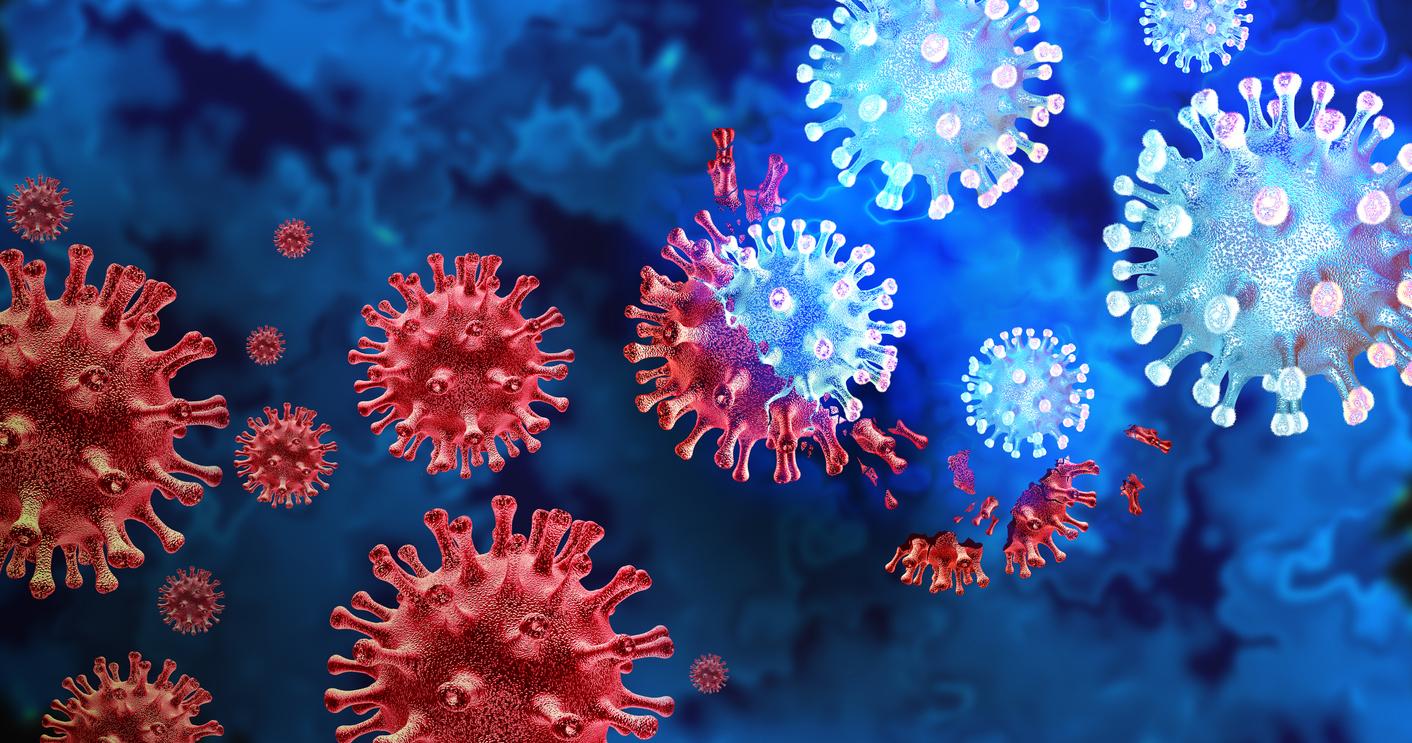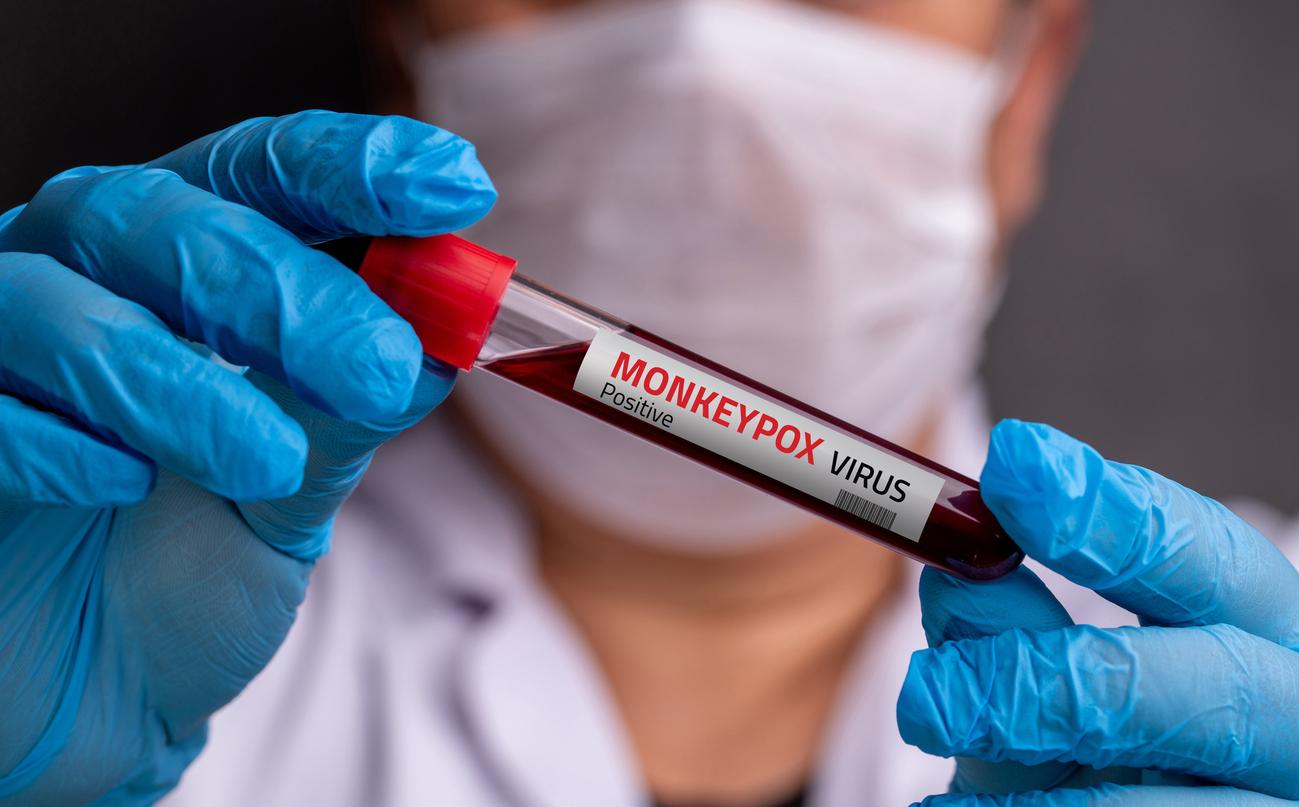The SARS-CoV-2 variant a person was first exposed to determines their body’s immune response to future covid-19 infections.

- The variant a person has previously been exposed to determines how their body will respond to future variants as well as their immunity.
- This means that the same Covid-19 vaccine may work differently in different people, depending on which variant they have already been exposed to.
- This discovery is important for the development of future vaccines against Covid-19.
From one person to another, the Covid-19 virus does not have the same impact. According to a new study published in the journal Sciencethis would partly depend on his previous infections.
Covid-19: different immune responses depending on the previous variant
Indeed, the team of researchers from ten research institutes including Cambridge University, found that the variant a person was previously exposed to determines how their body will react to other strains. This also impacts its immunity to viruses.
“It was surprising how significantly different people’s immune responses to SARS-CoV-2 differedexplains Dr. Samuel Wilksone of the authors, in a communicated published on October 6, 2023. Immune responses appear to target different specific regions of the virus, depending on which variant their body encountered first”.
The scientists arrived at these results after studying 207 blood samples from people who had been infected with a variant of SARS-CoV-2, or were vaccinated against Covid-19 with one or more doses of Moderna.
Coronavirus: a discovery that could improve vaccines
Next, the scientists analyzed the volunteers’ immunity. To do this, they used an antigen mapping technique which makes it possible to analyze how antibodies react, depending on the previous infection, to new contact with the virus. This method also makes it possible to observe how the virus escapes – or not – from antibodies and therefore contaminates the person.
This is how they discovered significant differences depending on the variant with which a person was first infected. This therefore means that the same Covid-19 vaccine may work differently on people, depending on the variant to which they have already been exposed.
“These results give us a better understanding of how we might optimize the design of Covid-19 booster vaccines in the future.indicates the professor Derek Smithdirector of University of Cambridge Center for Pathogen Evolution at the Department of Zoology, who also participated in the study. We want to know the main variants of the virus to use in vaccines to better protect people in the future.”
















